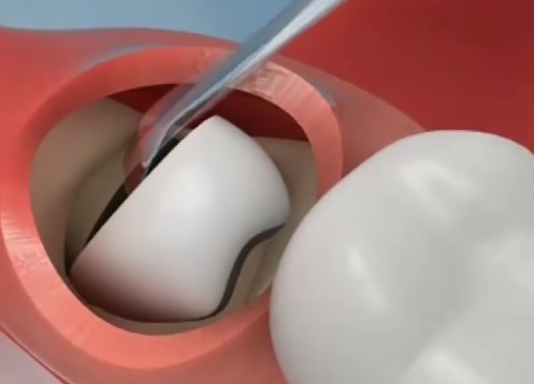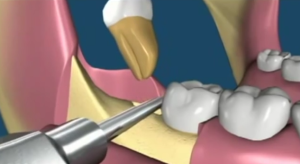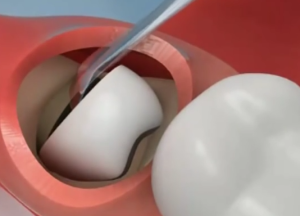Ever wondered why a wisdom tooth is called so? It is because they appear at least after most of the other teeth have appeared and at an age when one is supposed to be “wiser” than the children. But it literally doesn’t mean the same. The origin of the term wisdom tooth lies in the mistranslation of a word ‘verstandskiezen’, which means ‘far-standing-molars’, as they are located at the back of all the other teeth. There are a few other languages in which it is expressed in different ways, such as:
- In Turkey one can directly refer to the wisdom age by determining the age at which the wisdom teeth appears and is called as’20 yaş dişi’ which means 20th year tooth.
- In Korean it is called ‘Sa-rang-nee’ or love teeth – meaning young adulthood where one experiences the pain of first love.
- In Japanese it is called ‘Oyashirazu’ meaning “unknown to the parents,” as they come after the child has moved away from home.
- In Thai it is called ‘fan-khut’ better known as “huddling tooth,” as there is lack of space for each of them.
However it might not be as interesting as it sounds when one experiences it. A lot of complications can take place when it appears or if one decides to get it extracted. Only very few people don’t feel the pain otherwise the pain is exorbitant. Some people are even lucky enough to not have them. A lot of people these days are getting it removed with the help of modern dentistry as they don’t have any significant function; the pain caused by them can be unbearable and also affects the ability to eat. According to Anthropological epistemology wisdom teeth were a result of the evolution from a coarse diet of rough food that needed more chewing ability. Whereas the modern diet has softer foods and modern technologies such as cutlery like forks and spoons that kind of makes up for the wisdom teeth. As the diets kept changing the jaws also got smaller. Even evolutionary biologists have categorized the wisdom teeth among other vestigial body parts that don’t perform any function due to changes as a result of evolution.
Extraction of Wisdom tooth
Extracting a wisdom tooth with a surgery is not an easy task. The procedure depends on the complications, medical history and other biological factors of the patient such as already existing infections, dental problems, pregnancy, medication and age. The dentists usually give anesthesia to numb the pain at the time of tooth removal. It is extremely important to not eat or drink anything a few hours before and after the surgery.
How long does it take for wisdom teeth to heal?
It takes about three to five days after the extraction to recover and heal completely. Having a light bleeding is normal after the surgical procedure. The bleeding and pain decrease after almost 24 hours of the surgery. Antibiotics and pain killers are prescribed to ease the pain and discomfort. Tylenols and mild narcotics come in handy. Ice packs also provide relief from the pain. Soft and light food should be consumed for a few days post the extraction. One must also avoid consuming spicy foods, alcohol, smoking and exercising too much. It is always advisable to get enough rest and sleep to give the body ample time to recover and the pain to heal. Healing of the gums completely can take as long as a whole month.
Complications and Risks
Most of the times the recovery after the extraction is smooth but in some cases there can exist a few complications. The most common complication or side effect of the procedure is an alveolar osteitis also known as a dry socket which occurs when the blood clot dislodges accidentally exposing a bone that becomes prone to pain and inflammation. A dry socket forms in about two to five days of the extraction and has a bad smell as well as bad taste in the mouth along with pain. It can however be treated easily and normalizes in some time after the medication. More serious complications are rare but can include:
- Damage to the inferior alveolar nerve at the bottom and adjacent inferior to the wisdom teeth
- Perforation of sinus on the maxilla
- Damage to other teeth around it, especially the one immediately next to it
- Change in sensations of the tongue, lips and gums
Thus, the estimated risks and complications should always be kept in mind and discussed with a dentist. Removing it in the adolescence is always more advantageous as compared to extracting it in the late adulthood as recovering from it gets difficult and painful with the age.


